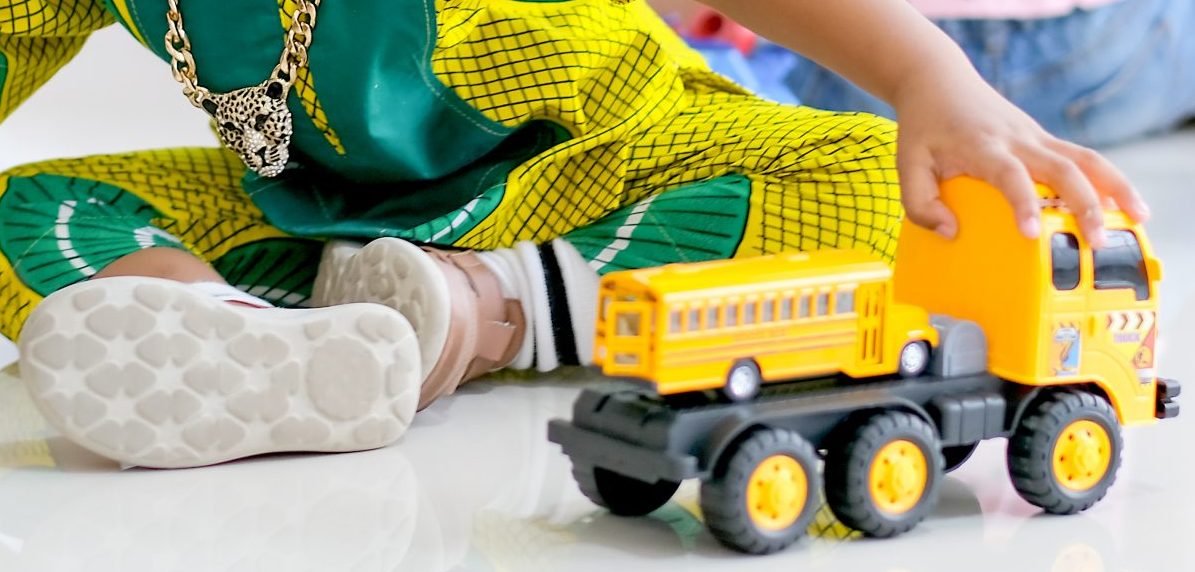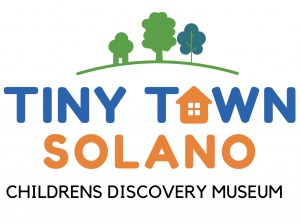Tiny Town Learning LAb
Play with Purpose: The Educational Vision Behind Tiny Town
Where Curiosity, Creativity, and Community Meet
Tiny Town Solano is not just a play space—it is a Living Learning Lab that blends child development, experiential learning, and community connection into one powerful environment.
We believe children learn best when they are free to explore, experiment, experience, and engage.
That belief forms the foundation of our 4 E’s Framework, which shapes every exhibit, program, and interaction inside Tiny Town.
Our 4 E’s Framework
🔎 Exploration
Children follow their natural curiosity, investigate ideas, and make independent choices in open-ended environments—building intrinsic motivation and cognitive flexibility.
🧪 Experimentation
Through STEM challenges, loose parts, building, and problem-solving, children test theories, learn from mistakes, and develop critical thinking and innovation skills.
🌱 Experience
Learning is embedded in real-life, sensory, and hands-on experiences that connect the mind and body—deepening understanding, memory, and emotional connection.
🤝 Engagement
Children collaborate, communicate, role-play, and build relationships—developing social-emotional intelligence, empathy, leadership, and community awareness.
Every area of Tiny Town is intentionally designed to meet children where they are developmentally—while gently guiding them toward the next stage of growth across cognitive, social, emotional, and physical domains.
This is not entertainment.
This is play as a research-backed pedagogical model.
A living ecosystem where learning is visible, measurable, and transformative.
We draw from the latest research in developmental psychology, early childhood education, and experiential learning, designing environments where children can:
Role-play real-world scenarios
Building social understanding, empathy, language skills, and executive function through meaningful imaginative contexts.
Experiment through trial and error
Developing problem-solving ability, resilience, critical thinking, and innovation by testing ideas with real materials and immediate feedback.
Collaborate, problem-solve, and build emotional intelligence
Engaging in peer interaction, negotiation, leadership, and conflict resolution within structured and unstructured group experiences.

The Four E’s Framework
Why It Matters
This isn’t passive entertainment. It’s active learning, rooted in:
Constructivist educational theory
Developmental psychology
Real-world readiness
Here, play is not a break from learning — play is the learning.


Our Value
Learning Through Zones
Each zone is a micro-lab of its own — inviting children to learn through hands-on discovery. Here are examples of some of Tiny Towns Zones
And Others
Curriculum
🧪 Learning Lab Design Philosophy
Tiny Town Solano is grounded in key principles of constructivist learning, including:
Piagetian developmental theory: Children build knowledge actively, not passively.
Vygotsky’s social learning theory: Social interaction fuels cognitive growth.
Multiple intelligences: Our zones engage linguistic, kinesthetic, spatial, and interpersonal intelligences simultaneously.
Reggio Emilia influence: The environment is a co-teacher — thoughtfully arranged to prompt questions, connections, and dialogue.
- Montessori method: Emphasizing independence, sensory-rich materials, and real-world tasks, our environment supports purposeful exploration where children take the lead in their own learning journey.
- The Three E’s (Explore, Experiment, Engage): Children build foundational knowledge by interacting meaningfully with the world around them.
Curriculum
Psychology + Education Collaboration
We’re currently developing partnerships with local psychologists, educators, and child development professionals to observe, refine, and elevate our model.
This includes:
Data collection on how different types of play impact developmental outcomes
Workshops for parents and educators on learning through play
Pilot programs for small group instruction and family coaching
We welcome partnerships with universities, education programs, community orgs, and childhood development researchers.
Right:
- Contact form (Elementor’s native Form widget or embed your CRM/Google Form)
- Button: [Request an Observation Day]
